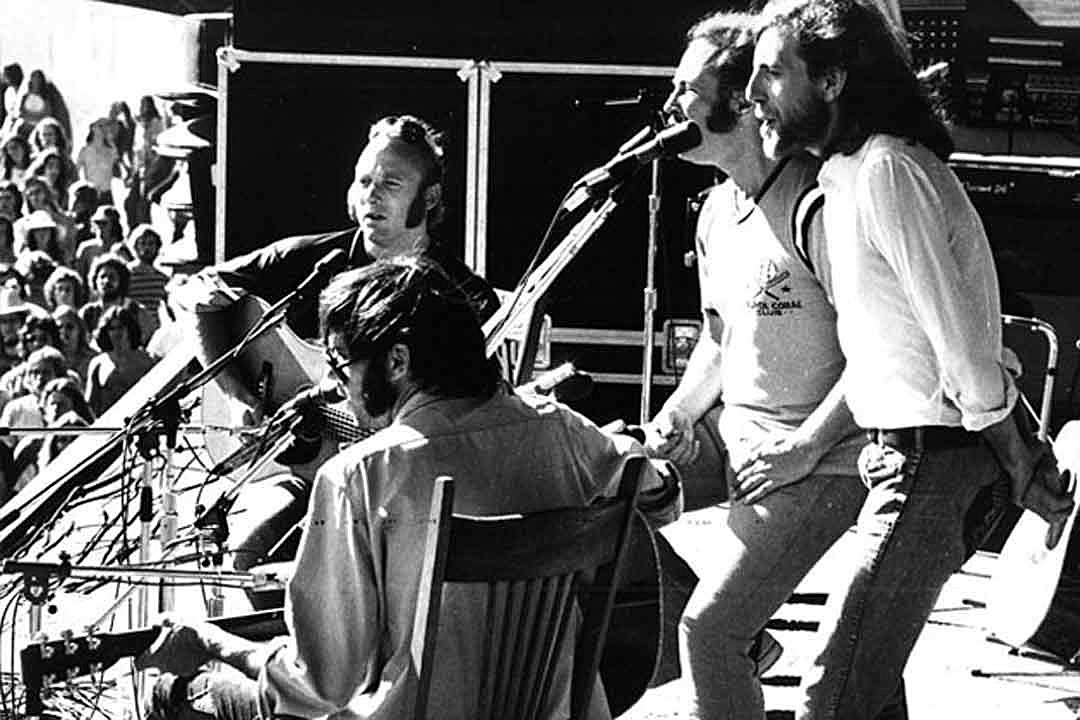

Collins’s wildly counterproductive experience with Sullivanian therapy and how it contributed to the lyrics to “Suite: Judy Blue Eyes,” a song about a standoff that only she and Mr. “I have always been grateful that I did not fall in love with Leonard in the way that I fell in love with his songs,” she writes. So she became a magnet for writers, and she describes her relationships with many of them, from Joni Mitchell (chilly - and cue “Both Sides Now”) to Leonard Cohen (“Suzanne” and so many others). She enjoyed the rare status of somebody who could get a song played on the radio in those days. Dylan’s “Chronicles: Volume One.” (That time and place will attract even more interest if the Coen brothers make a film about it, as they are said to be doing.) That means her book can take its place among others about the early 1960s in New York, from David Hajdu’s “Positively Fourth Street” to Mr. Collins is a contemporary of Bob Dylan, Joan Baez, Dave Van Ronk and other folk luminaries. Collins worried about an incipient drinking problem: “The travel will probably kill you before the whiskey does!” Josh White, with whom she also performed in the late 1950s, had words of wisdom when Ms. Collins progressed from Denver to Chicago, where she saw the singer Bob Gibson and his banjo “charm the birds out of the trees” and took his advice to lighten up.

Long years on the folk-singing circuit would eventually cost her custody of Clark after a bitter fight. It was her husband, she says, who suggested that she try for a singing career, even though that would take her far from home and from their young son, Clark. (Think of the lovestruck familiarity with which she sings “Someday Soon.”) Collins writes of her early years in Colorado with a blind father who had a Denver radio show (the song “My Father” comes to mind) and then her late teens in the mountains, running a rustic lodge with her first husband, Peter Taylor, and occasionally seeing a cowboy or two. The people I knew and loved and the drama of that diamond-bright time move closer as they slip farther away.”Ĭue the music in your head, especially if you found any guilty pleasure in Sheila Weller’s “Girls Like Us,” a 2008 book about Carole King, Joni Mitchell and Carly Simon. “Those precious early years seem oddly clearer to me now, at 70. “My life has taken me from innocence to rage and back again,” she writes. It is written graciously and poignantly, with a big blue eye toward posterity. Collins has written other books about aspects of her life (among them creativity, dedication to art and a family struggle with addiction), this one is the omnibus, with the big story and the boldface names.


 0 kommentar(er)
0 kommentar(er)
